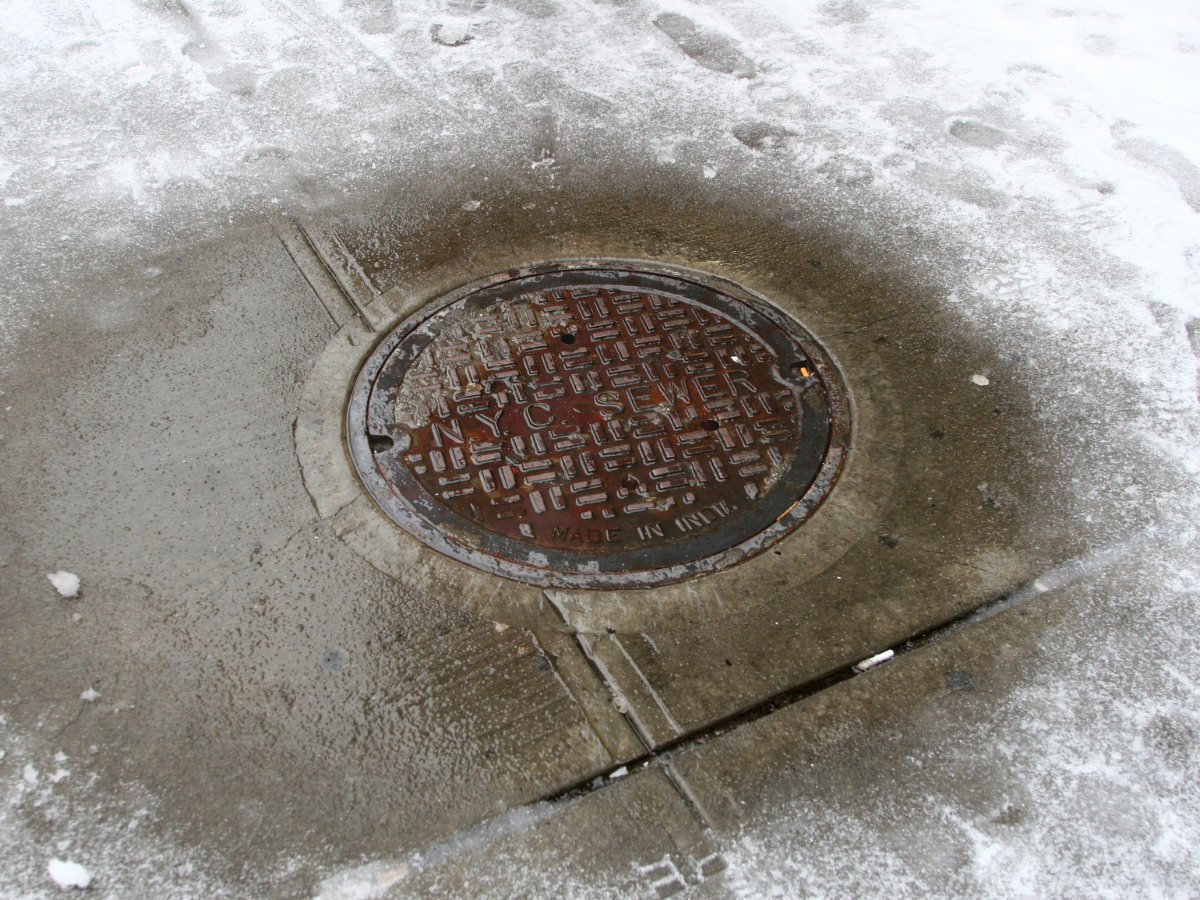Coming home tired after a long day at the office and finding that your basement has suffered from sewage backup is not only a great inconvenience, it’s downright maddening.
There’s no need to panic though. Presence of mind is crucial as you attempt to sort out the mess staring right at you. Basement sewage backups can be a terrible tragedy, but you need to be vigilant and focused to ensure the safety of everyone in your household.Â
Here are some of the things that you need to do right away:Â
- Avoid the affected area.
Do not attempt to clean up the mess by yourself and don’t touch anything in and around the basement premises. If there’s a need to touch something, use personal protective equipment, specifically a clean pair of gloves.
Call a professional sewage cleanup specialist so he can deal with the problem. Afterwards, pack a few things then move your family to a safer place if you can.
Â
- Disable the electrical supply to the basement.
Turn off the basement’s energy source to prevent short circuits and electrocution. Be extra cautious when reaching for the electric switch, especially if the water level in the basement has risen past your electrical sockets.
- Shut off the main water supply.
Water contamination is likely because of sewage backups. Thus, you need to shut off your home’s main water line to prevent large-scale contamination. Even after the cleanup, do not use the water until the sewage repair company has declared it safe.
- Check the air circulation.
The sewage is a source of both waterborne and airborne diseases. Other than ensuring that the water is safe and clean, you also need to check if there is enough air circulation in the area to prevent the growth of germs, viruses, and other microbes that can spread various diseases. Open your windows so fresh air can come in even as you use air purifiers to ensure that the entire place is disease-free.
Table of Contents
 What Causes Basement Sewage Backups?  Â
There are many factors that can increase the possibility of sewage backups in the basement area. Below are the most common:Â
- Damaged Sewer Lines
  Older sewer systems in residential homes are more likely to experience basement sewage backups.This is because the sewer pipes are made of materials that can be easily damaged, notably clay and cast iron. These piping materials easily collapse and break; when they do, sewage backups can occur.
- Tree Roots
Tree roots that protrude from the lawn area can also lead to sewage backups in your basement. Over time, these roots become too long and eventually get caught up with the sewer lines. This can result in busted or damaged water pipes.
- Clogs
Clogged toilets, kitchen sinks and showers as well as other plumbing fixtures are another reason sewage backups in basements take place. Keep in mind that every part of the plumbing and sewer systems is interconnected. If one part is obstructed, all the others will be affected in one way or another.
- Heavy Snowfall or Rainfall
Basements and residential homes are at risk of sewage backups when there is heavy and continuous snowfall or rainfall.The sewer system can be overwhelmed by the large amounts of water that it’s receiving. When it becomes too much to handle, water can back flow into the sewer lines and make its way to basements.
 Basement Sewage Backup Health Risks  Â
Basement sewage backup is a serious problem for any homeowner. They pose serious health risks and can even cause death in some cases. Some of the illnesses and diseases that sewage can spread include:Â
- Campylobacteriosis
An infection that causes diarrhea, fever, and nausea.Â
- Typhoid fever
This is a fatal bacterial infection that spreads through the body’s various organs.Â
- Cryptosporidiosis
An intestinal infection caused by microorganisms.Â
- Dysentery
An intestinal infection that causes diarrhea with accompanying mucus or blood.Â
- Salmonellosis
An infection characterized by colds, fever, and stomach pains.Â
- Gastroenteritis
A short-term condition that results from the inflammation of the digestive system.Â
- Hepatitis A
A liver infection that causes diarrhea, stomach pains, and yellowing of the skin and eyes.Â
- GiardiasisÂ
A diarrheal disease that results in dehydration, greasy, foul-smelling poop and nausea.Â
- LeptospirosisÂ
A bacterial infection that can cause meningitis and liver failure, kidney damage, respiratory distress and even death.Â
- Coronavirus Disease
 A viral disease that has gained notoriety the past year or so. It causes fatigue, breathing difficulties, fever, and recently death.
 Key TakeawayÂ
A sewage backup in the basement can be one big mess, but the important thing to remember is to remain calm so you can focus on what you need to do. This is an emergency and your main goal is to ensure the safety of your family and to keep the situation from getting worse. Of particular importance is to work on getting your water and electricity lines shut down immediately.
Equally critical is the need to get the help of sewage cleanup experts because sewage backups will expose you and the people around you to serious health risks. A Denver water damage restoration specialist will be helpful as he can work alongside cleanup professionals and ensure that clean and safe water, among others, is restored to your household as soon as possible.
